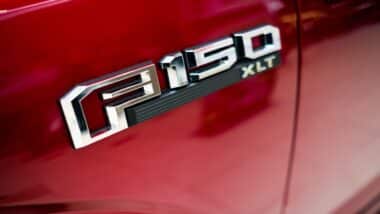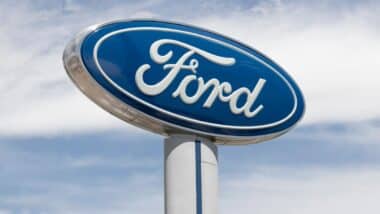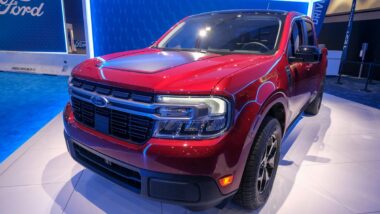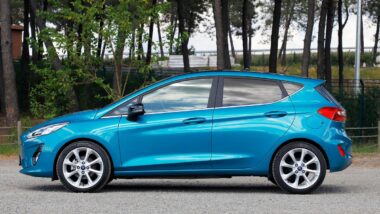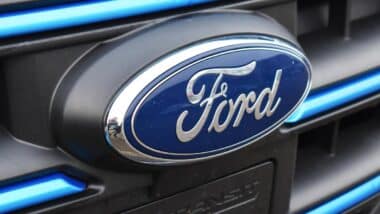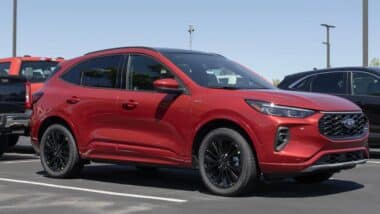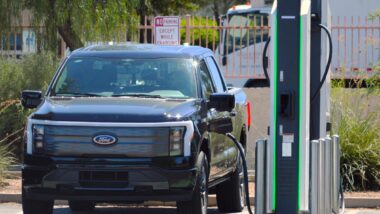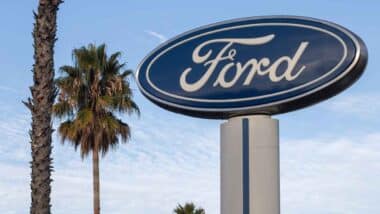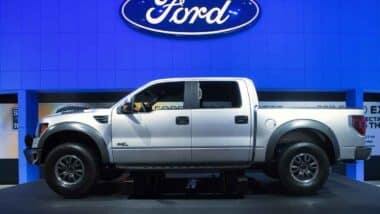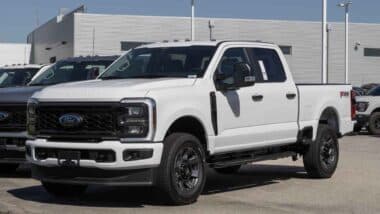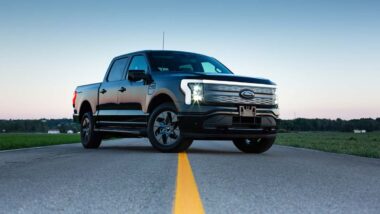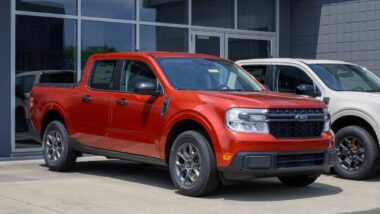
Ford SUV exhaust probe overview:
- Who: The National Highway Traffic Safety Administration says it will not recall 1.4 million model year 2011 to 2017 Ford Explorer SUVs after completing a six-year investigation.
- Why: The NHTSA says it did not find any safety issues related to reports of exhaust odor coming from vehicle compartments and that the smell was not indicative of unsafe levels of carbon monoxide being present.
- Where: The NHTSA investigation results affect 2011-2017 Ford Explorer SUV owners nationwide.
The National Highway Traffic Safety Administration (NHTSA) says it will not seek a recall for more than 1.4 million Ford Explorer SUVs, following a six-year investigation into reports of exhaust odor coming from vehicle compartments.
The NHTSA says it reviewed more than 6,500 consumer complaints over the course of an investigation that began in July 2016 and focused on model year 2011 to 2017 Ford Explorer SUVs, including those made for police.
The agency determined that there was no evidence of safety issues and that carbon monoxide levels in the vehicles occupant compartments fell “below current accepted health standards.”
Vehicle owners who reported the smell of exhaust were concerned about their possible “exposure to carbon monoxide,” according to the NHTSA.
However, the administration says it found through its investigation that Ford Explorer SUVs found to have higher carbon monoxide levels “were almost always affected by upfitter alterations, damage or other causes compromising rear passenger cabin seals.”
NHTSA investigation reveals modifying vehicles could lead to higher carbon monoxide levels
The NHTSA investigation revealed issues with sealing that led to higher carbon monoxide levels caused by government fleets, dealers and others modifying the Police Interception version of the Ford SUVs, the administration says.
“Sealing issues caused by upfitting were responsible for the highest measured carbon monoxide levels in tested vehicles,” the NHTSA says.
The NHTSA noted that the highest carbon monoxide levels tested in the vehicles were usually the result of a sealing issue that had been caused by the vehicle suffering rear accident damage “where the repairs did not ensure sealing integrity.”
In other Ford news, the automaker initiated a recall last August for some of its 2017 to 2020 F-Super Duty F-250, F-350, F-450 and 2017-2020 Lincoln Continental vehicles over concerns they were equipped with cloudy rearview camera lenses.
Do you own a model year 2011 to 2017 Ford Explorer SUV? Let us know in the comments.
Don’t Miss Out!
Check out our list of Class Action Lawsuits and Class Action Settlements you may qualify to join!
Read About More Class Action Lawsuits & Class Action Settlements:



